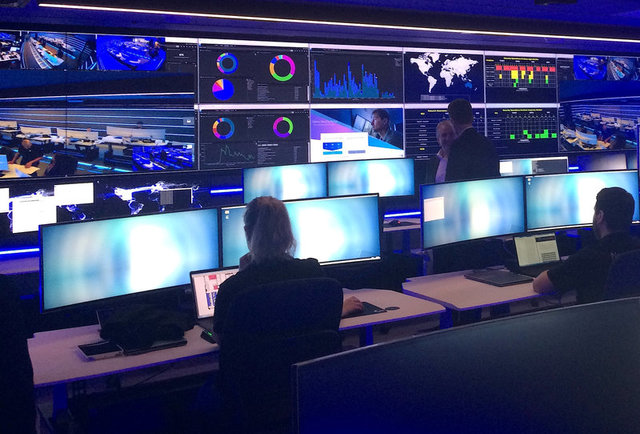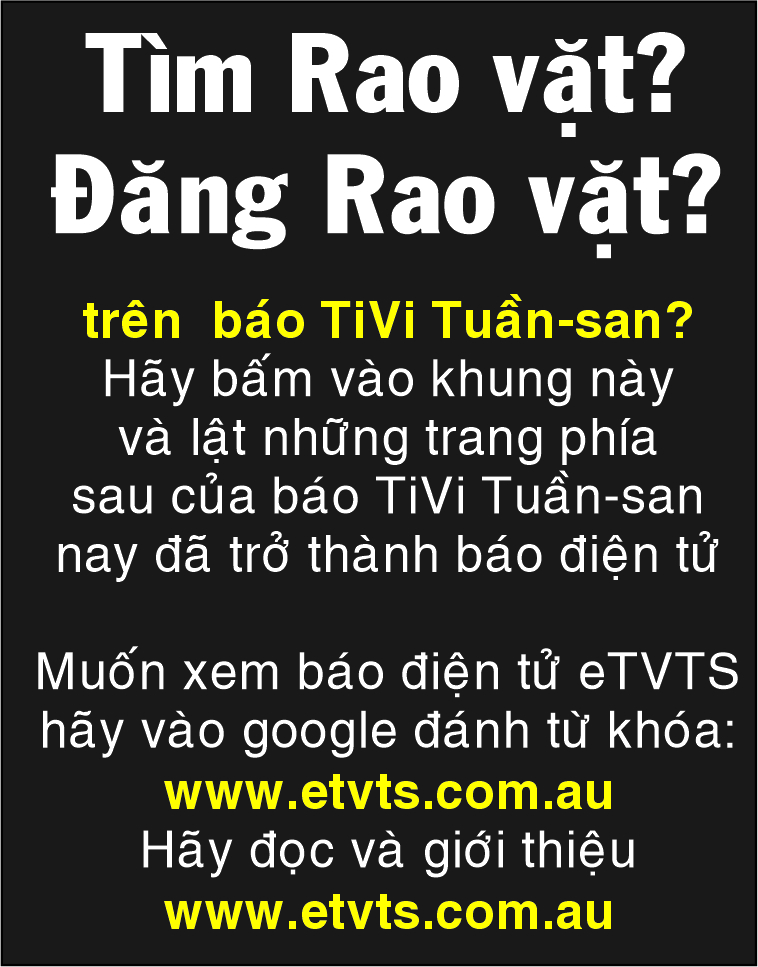Australian intelligence agency wants more resources to counter foreign interference
 Employees can be seen in the Security Operation Centre for Telstra, Australia’s biggest telecoms firm, which is used to monitor, detect and respond to security incidents, including cyber attacks, during a media event in central Sydney, Australia, August 24, 2017. (Photo: Reuters)
Employees can be seen in the Security Operation Centre for Telstra, Australia’s biggest telecoms firm, which is used to monitor, detect and respond to security incidents, including cyber attacks, during a media event in central Sydney, Australia, August 24, 2017. (Photo: Reuters) SYDNEY – Australia’s national intelligence agency said in a report published this week that it does not have enough resources to collect intelligence on potential foreign agents and their efforts to interfere in Canberra’s affairs.
Australia, a staunch US ally, has been on heightened alert against the threat of home-grown radicals after several “lone wolf” attacks in recent years.
But the Australian Security Intelligence Organisation (ASIO) said that as it focuses on those threats, intelligence gathering on foreign interference is falling short.
“With the terrorist threat showing no signs of significantly decreasing, ASIO has limited scope to redirect internal resources to address the increasing gap between demand for our counter-espionage and foreign interference advice, and our ability to furnish this assistance,” Duncan Lewis, former Director-General of ASIO said in the agency’s annual report.
Lewis left ASIO in September, several weeks after the annual report was presented to the government. The report was published on Wednesday.
ASIO last year had annual budget of $533.4 million and employed more than 1,900 people.
Australia’s Minister for Home Affairs, Peter Dutton, said that ASIO would get more money and that staffing would rise to more than 2,000 people.
“It is getting unprecedented funding and we will continue to support it,” Dutton told reporters in Canberra.
In September, Lewis, who led ASIO for more than five years, warned that foreign interference presented a greater threat than terrorism.
Canberra last year introduced tough new laws to curtail foreign agents after noting that China was trying to interfere in Australian affairs.
Australia now requires lobbyists for foreign countries to register and makes them criminally liable if they are deemed to be meddling in domestic affairs.
The legislation damaged bilateral ties with China, Australia’s largest trading partner. And the relationship has been especially strained in recent months after a spate of cyber-attacks blamed on China.
Reuters reported this month that Australian intelligence had determined China was responsible for a cyber-attack on the national parliament and three largest political parties before a general election in May, according to five people with direct knowledge of the matter.
China’s Foreign Ministry denied involvement in any hacking attacks and said the internet was full of theories that were hard to trace.
Reuters



